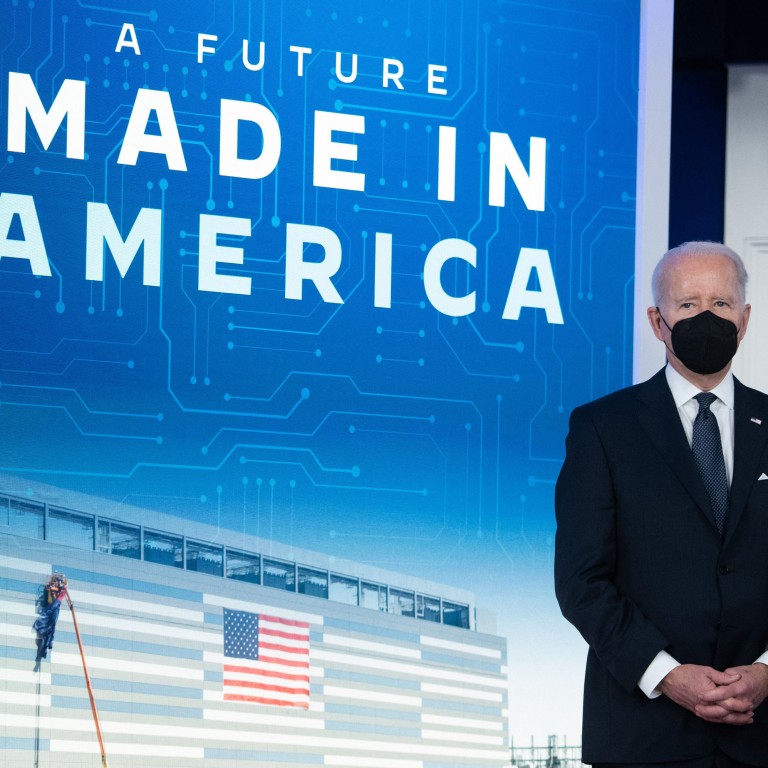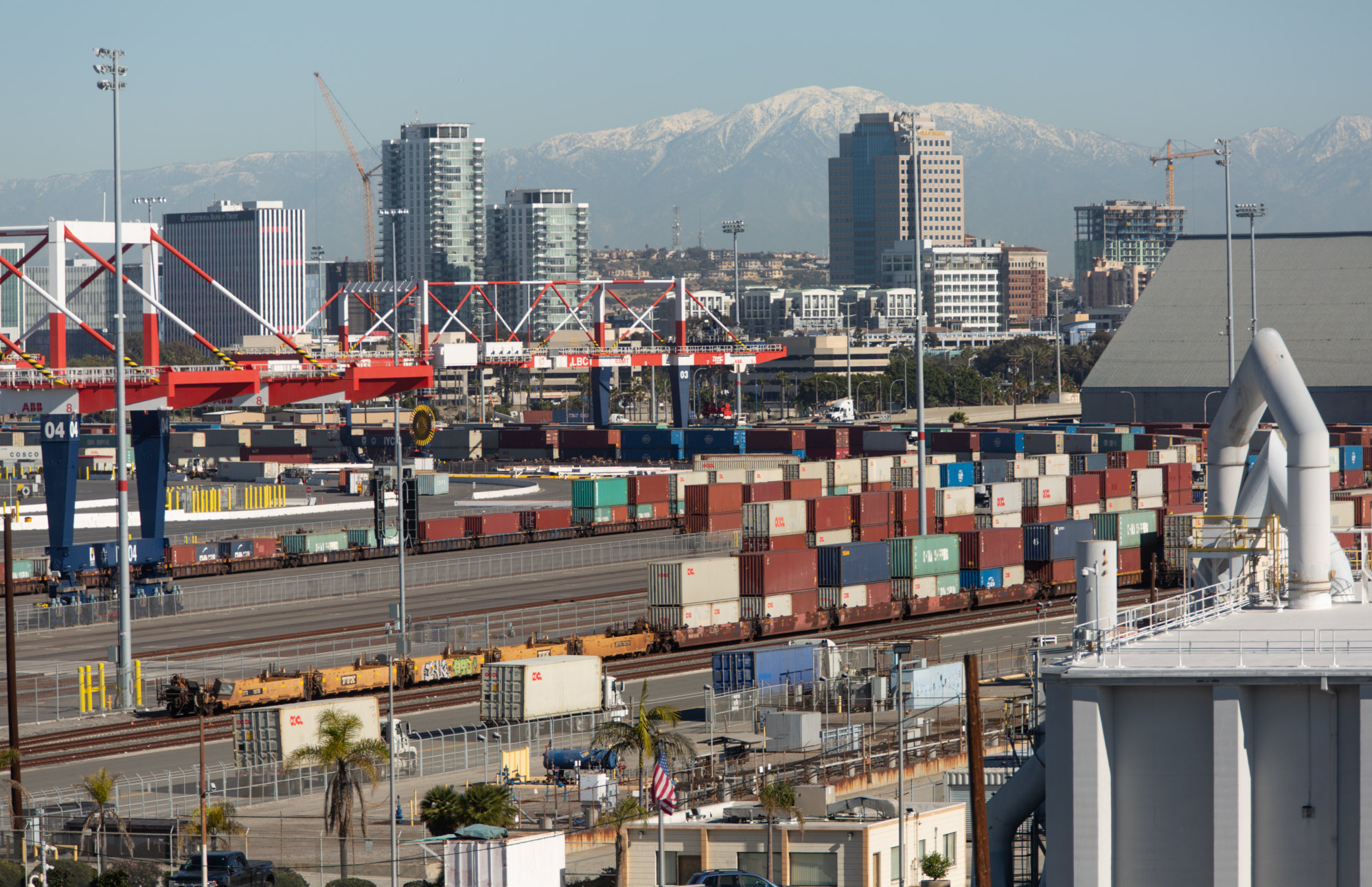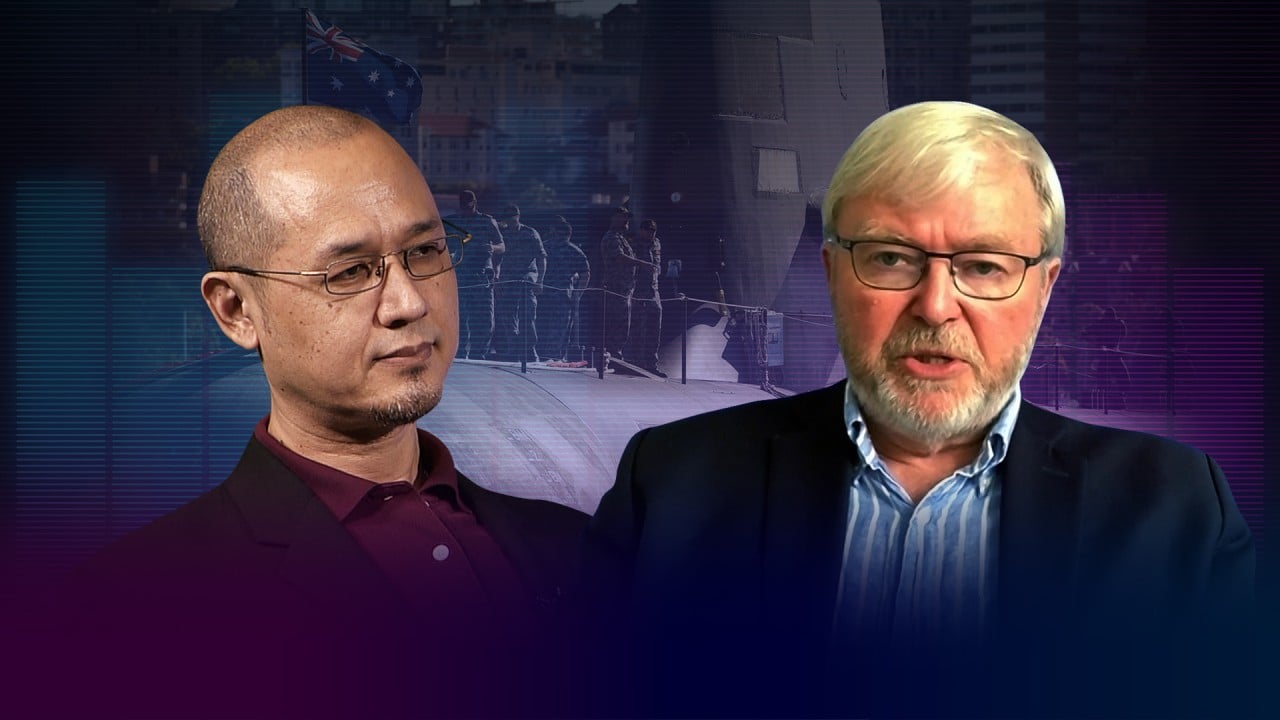
Today’s US-China trade and tech decoupling make Trump’s tariff war look tame
- Decoupling policies are playing havoc with global supply chains, fuelling inflation and creating impossible hurdles for businesses
- Worse still, heightened protectionism has led to the formation of new defence alliances, pushing China ever closer to Russia
Sometimes it’s tempting to wish for a return to the “good old days” when China bashing by then-US president Donald Trump focused simply (even if simplistically) on erecting tariff barriers against China. Or we might go back to the days of Japan bashing by the US, decades earlier, using similar tactics.
Trade wars were simple: the US levied punitive tariffs on Chinese and other foreign merchandise imports (often doing more harm to itself than to the target in the process) but otherwise economic life went on much as usual, with trade imbalances and economic relations being scarcely affected.
But, instead of remedying the situation by improving its own competitiveness by means of increased productivity and better trained human resources, the US decided that the best way to get even with the likes of China and other “upstarts” was to wage technology wars against them.
Now, the decoupling which is being promoted in the name of “economic security” through technological and trade barriers is degenerating into something more dangerous as it gets caught up with human rights and other issues that are raised to justify protectionism and economic sanctions.
Where will it all end? Business lobbies that supported the process of economic globalisation (which is now going into reverse) are not happy with recent events. The “borderless world of business” (to quote Japanese consultant Kenichi Ohmae) is crumbling before their eyes.

This disintegration process is no inconsiderable factor behind the surge in inflation as production costs are forced up by supply inefficiencies. But the sheer complexity of trying to comply with new barriers to trade in technology is a much wider impediment to business.
As Stephen Adams, senior director at strategic advisers Global Counsel in London noted during a recent event on the “Politics of Decoupling”, “it is now commonplace to hear calls from some in the US and Europe to block future integration in sensitive areas, or even reverse elements of the status quo”.
Even those committed to integration speak of “selective decoupling”, as Adams observed. Yet selective decoupling – like opting for partial divorce – is unlikely to work in practice once trust has broken down among economic partners and once they begin to form new relationships.
US policies have affected businesses whose supply chains and consumers straddle China and US markets. Chinese investment in the US is scrutinised and US companies in China are pressed to ensure their supply chains are not implicated in forced labour concerns or involved with military interests.
Likewise, Chinese companies are an integral part of the supply chain of many European businesses and an aggressive investment strategy has bought China considerable stakes in important sectors in the European member states.
China is right to call for Globalisation 2.0
Britain, meanwhile, has moved from what former chancellor George Osborne described in 2015 as a “golden era” in bilateral Sino-UK relations to a situation where debate turns now on what is termed “selective decoupling”. There are frequent calls for closer scrutiny of UK-China engagement.
These kinds of tortuous relationships, which are becoming more prevalent, will inevitably push China to strengthen economic and maybe strategic ties not only with Russia but also with Middle Eastern, Latin American and other countries. And that can only sunder further an already divided world.
Anthony Rowley is a veteran journalist specialising in Asian economic and financial affairs


